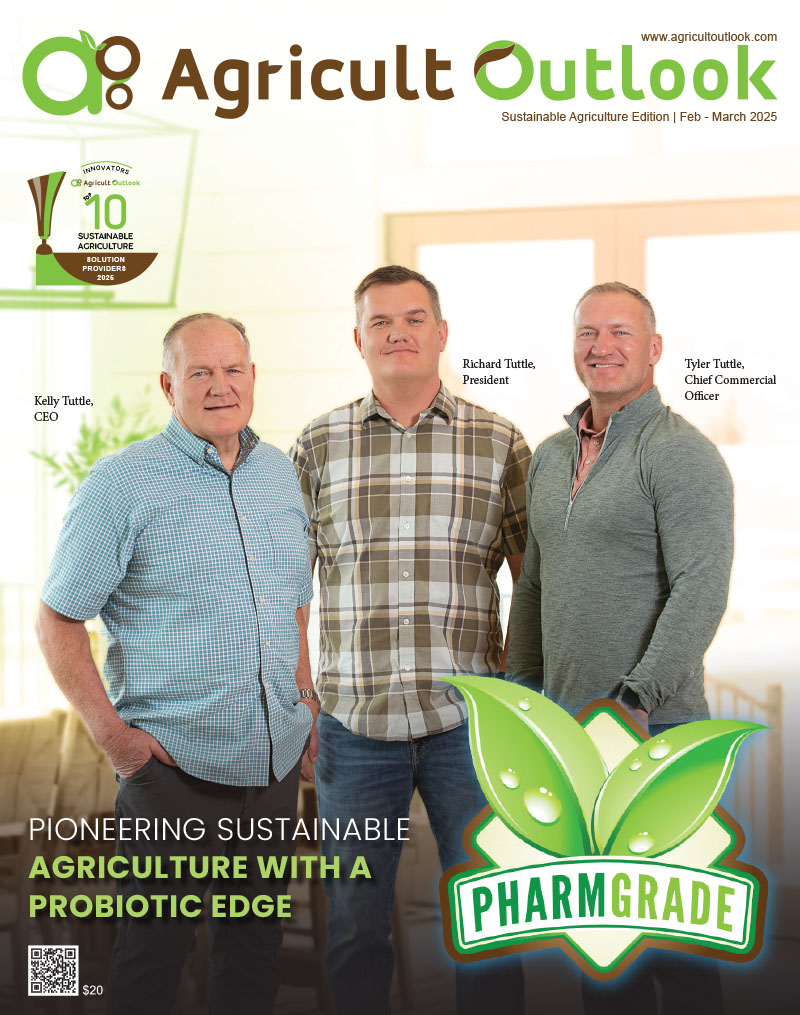Pacific Ag Renewables’ proposed Sunnyside Renewable Natural Gas facility has officially completed the Washington State Environmental Policy Act (SEPA) process to unlock the next step in its journey. In case you weren’t aware, SEPA is basically a comprehensive environmental assessment which includes input from relevant regulators and stakeholders, including the Washington State Department of Ecology, City of Sunnyside, and the local community. Now, to give some context on the Sunnyside Renewable Natural Gas facility, it is set to be located on approximately 50 acres within the Port of Sunnyside Industrial Park. Once developed, the plant will produce approximately 900,000 MMBtu of renewable natural gas per year, making up an amount that should be able to power no less than 90,000 homes. Talk about how the whole process will go down on a slightly more granular, the idea is to start by collecting agricultural crop waste and dairy manure from local farmers. The next step would be to transport the collected material back to the facility, where it will be fed into a series of anaerobic digesters for the sole purpose of capturing methane. This methane is what the facility will then condition and upgrade before instilling it in the interstate natural gas pipeline. Markedly enough, this also sets the stage for an organic fertilizer which can replace the use of synthetic, petroleum-based fertilizers in the region.
More on the Sunnyside RNG project will include how it will take on the challenges associated with dairy manure management by aggregating and processing the manure in sealed tanks. You see, these tanks are well-equipped to provide you with measurable environmental benefits through a reduction in odors and emissions, all while keeping seamless methane capture at the heart of everything. To compliment this very feature, the facility will divert dairy manure that otherwise would enter lagoons. Hold on, there is more, considering it will also produce renewable natural gas to effectively replace fossil-based fuels that currently power home heating and trucking fleets.
“This milestone reflects the significant efforts we’ve put into developing a plan to make sure the facility is safe, clean and in full compliance with all regulations and best practices,” said Kipp Curtis, Project Manager of Pacific Ag Renewables’ Sunnyside Renewable Natural Gas project. “We absolutely will build and operate a plant that will make the Sunnyside community proud.”
Assuming all pans out as per the plan, the Sunnyside RNG unit will achieve an annual CO2 emissions reduction equivalent to removing 40,000 cars a year from the road. Even if we look beyond the environmental aspect for a second, the facility is expected to create approximately 30 full time employment positions, a dozen trucking jobs, and another 26 indirect jobs, totaling up to annual estimated payroll of $2 million.
Rounding things up is the facility’s technological credibility. By that, we are referring to how the technology chalked up for deployment at Sunnyside RNG is already tested at length across the nation. Out of 2,400 operational biogas plants in US, almost 350 are producing RNG for injection into the interstate pipeline, whereas more than 470 bank upon farm waste feedstocks. Set to join them soon is a separate group of 150 RNG plants that are currently at some stage in their development.







